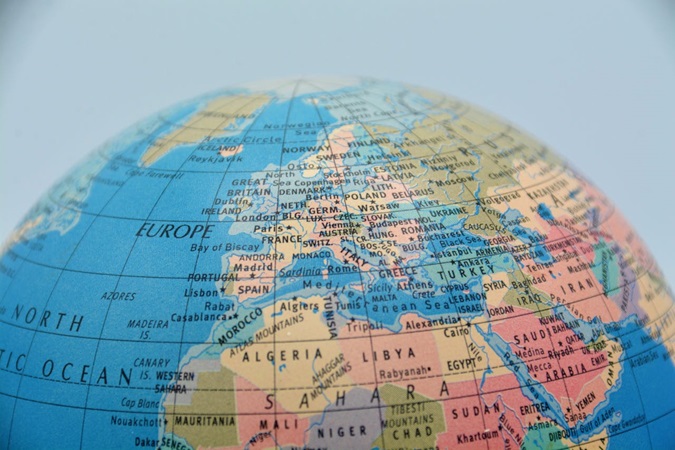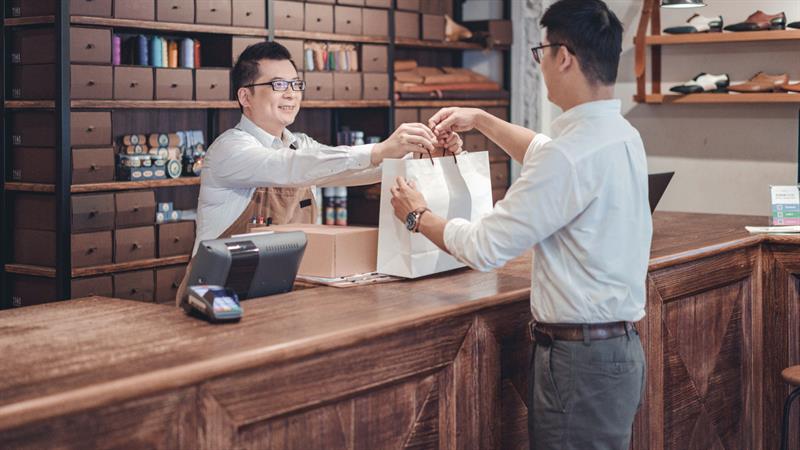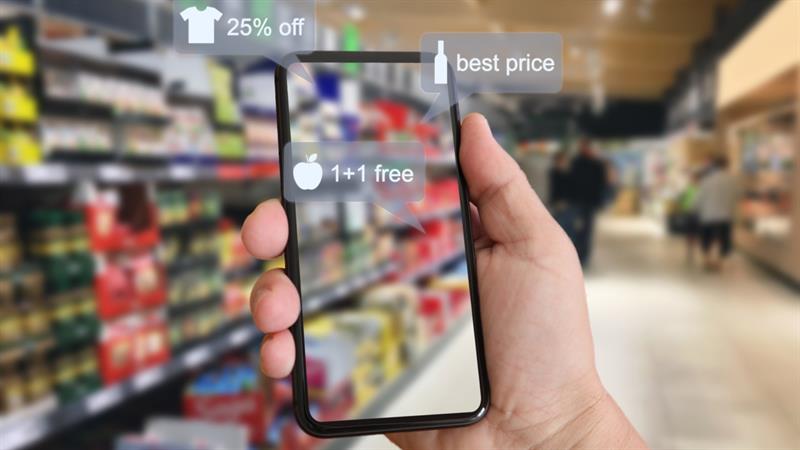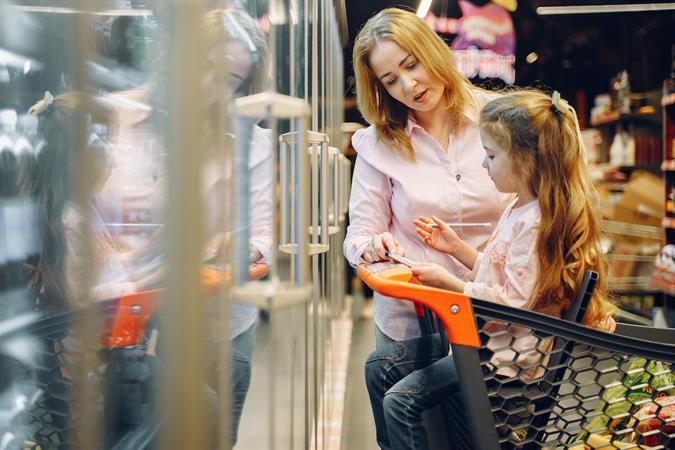Five new human truths that experiences need to address in the wake of COVID-19
The beginning of COVID-19 lockdowns and restrictions marked one of the greatest human behaviour transformations at scale we’ve seen in our lifetime. Rapid changes in human attitudes have forced every organization to reflect on how to deliver safe and relevant offerings for customers and employees alike.
As people continue to settle into new habits, we have slowly started to see restrictions lift and countries around the world enter a “never normal” state.
Moving forward, businesses in every sector will need to consider what has changed in the way people think, and how that will affect the way they design, communicate, build and market the experiences people want and need. The speed at which companies can – and increasingly must – respond will become a valuable source of competitive advantage.
To begin understanding the New Human Experience, organizations must address five human truths, each having deep implications across the business.
Truth 1: The cost of confidence
As COVID-19 continues to spread, our lives have become defined by an invisible threat. Contactless checkout, increased hand washing and wiping down packages are part of our new day-to-day routine. Many people are also adopting a wait-and-see mentality when it comes to making big purchases. In response, certain industries such as hospitality and tourism have been hit hard and were forced to cut jobs.
With risk now less tolerable, and the familiar much more valuable, trust will be a greater consideration than ever. A second wave of the virus would only deepen this issue. Customer trust now needs to be managed by the companies organizing the experience, while companies also recognize COVID-19 fatigue is growing in marketing. Brands who only virtue signaling their contributions will pay a hefty price. Customers aren’t interested in knowing what a hotel they stayed at 10 years ago is doing to combat COVID-19 concerns, nor do they want to see advertisements for international travel destinations with closed borders.
Businesses should invest in deploying “trust multipliers” – actions that help rebuild trust quickly and credibly. Reassurances of ethical sourcing, cleanliness and timeliness will become regarded as basic considerations, not just signifiers of premium products and services.
Truth 2: The virtual century
In the enforced shift toward more virtual experiences, we are seeing the sudden acceleration of a 25-year-old trend. Virtual working, consuming and socializing are now markers of stay-at-home life, but our growing level of comfort will fuel a massive shift to virtual activity for anything. This will affect ways of communicating across learning, working, transacting and consuming in all sectors. In fact, 46% of people worldwide who never worked from home previously now plan to work from home more often in the future, according to Accenture’s COVID-19 Consumer Research.
It is more important than ever to streamline the hurdles of going virtual for all sorts of experiences—including banking, curbside collection and online shopping. Picnic, a Dutch grocer, took this further by partnering with DHL to pick up returns from online shoppers when delivering their groceries. For retail, capacity constraints are a real issue—the result of the “digital shelf” not being ready yet for this level of demand as companies have repeatedly deferred prioritization of full-scale eCommerce.
COVID-19 will become the catalyst for permanently shifting laggards online – and having made the necessary investments in effort and technology capabilities, many will simply not go back. Health-at-home services such as Peloton have already attracted significant following, as users can choose when they workout, who their instructor is and have access to their home shower, avoiding health risks in the locker room. Companies may also be challenged to adopt by reducing business-related travel and in-person training, in turn cutting costs and reducing their carbon footprint.
Winning organizations will be those who test and explore all of the associated creative possibilities in the new virtual century – not only connecting individuals with products but also people and virtual communities.
Truth 3: Every business is a health business
Health has become an everyday preoccupation and people’s comfort with what was once normal will never be the same. Employees returning to work should expect increased safety measures such as plexiglass between workstations, assigned desks and heavily reduced communal gathering. At the same time, we have witnessed a sharp decline in the use of cash - and potentially the start of its phase out. This was already a trend identified in Fjord Trends 2020 and is now accelerating.
All businesses should be reassessing their experiences according to the extent to which they either enhance or diminish public health. At the height of the pandemic, Louis Vuitton quickly converted production of luxury goods to hand sanitizer and Bauer repurposed production facilities to make face shields for front line workers. Soon, every brand will fill a role in the new health economy, either as a core part of it or as a part of the promise.
Truth 4: Cocooning
The call to self-isolate gave us a chance to retreat to our safe space, making home once again the epicenter of life and experience. This pattern will endure for the foreseeable future with meaningfulness and comfort carrying a price premium. There is a need to define what new mindsets might appear in the Future Home. There have already been noticeable rises in home spending – and for things to be made at home, such as meal kits and grocery delivery.
Consumers’ attitudes, behaviours and purchasing habits are changing—and many of these new ways will remain post-pandemic. People are shopping more consciously, buying local and embracing digital commerce. Embedding transparency about where your products come from and how they are made as transparency will also be business-critical coming out of the crisis.
Leading businesses will be able to capture and respond to new ways of innovating experience, including the use of new platforms. However, businesses can only unlock full potential if they are able to create a scaling roadmap, prevent service shutdown and continue to maintain sensitive handling of data.
Truth 5: The reinvention of authority
Given the global uncertainty around COVID-19, dependence on experts, strong government recommendation and executive powers – backed by citizen compliance – has lent real weight to central authority. If governments get their handling of the crisis broadly right, expect top-down control to be back in fashion; if not, the reverse.
In the interim, we’re already seeing greater acceptance of surveillance in society and some companies are taking on the role of authority. Airline temperature checks are becoming mandatory at Canadian airports as society slowly regains trust in travel. Within the community, supermarkets are addressing panic buying through regulating limits on purchases of in-demand items and introducing special hours for elderly and pregnant shoppers upon restocking.
The pandemic is testing our humanity and values, and people recognize we all have a part to play in ending it. Many brands will have to rethink what they stand for, moving toward social responsibility and solving problems before selling products. Some will make changes that set new standards. Several Canadian telecom providers temporarily removed overage fees on home internet plans, thereby radically changing market norms.
Identifying how the New Human Experience impacts their audience, organizations must be highly introspective and ask themselves if they are future-fit for the “never normal.”
The formula is clear: listen, pivot, learn, reassess.







































